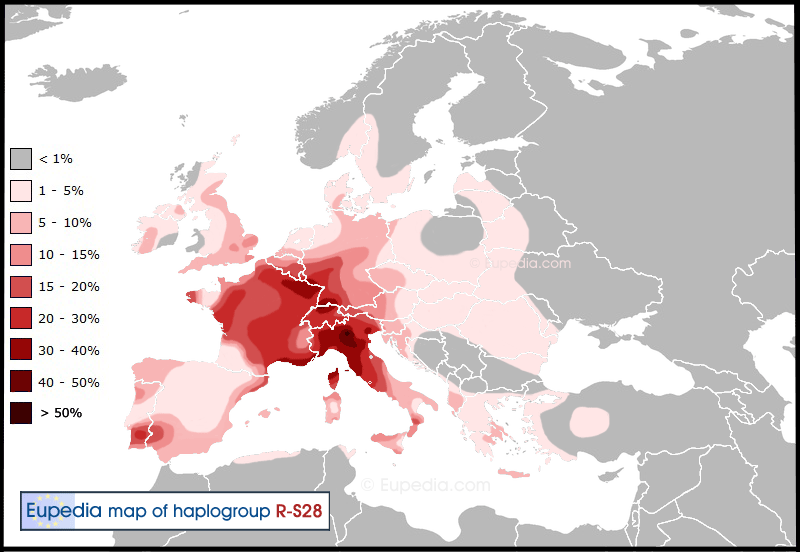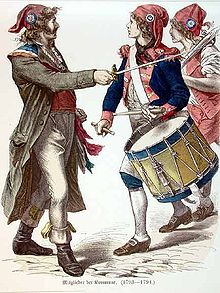Well, you should have tried that 500, 1000 or 2000 years ago.
Yes, Gaelic/Goidelic and Brythonic are branches of the Celtic language family, and it is absolutely correct to refer to them as speakers of Celtic languages. But that is not the point. My point is that the speakers of these languages did not consider themselves to be "Celtic" until the 19th century.
Yes, it was used loosely, but it was never applied for the Irish or Britons in Antiquity, and it was only appied inconsistently for the Celtic-speaking peoples of the Iberian penninsula.
I have never heard about this usage of the term "Celt" before, nor have I seen anybody claim the usage of the term in the medieval ages, or claim that it was interchangable with "Frank". It also utterly eludes me why you bring in the term "Frank" her because it has nothing to do with the Celts. The Franks were a Germanic people who conquered Gaul in the 5th/6th century, and yes, the term "Frank" was also used as a general term for anybody from Christian Western Europe during the medieval ages, but this is completely unrelated to the term "Celt".
EDIT. You earlier claimed this:
This is also not completely true. The Brythonic people of Antiquity called themselves Britons ("Priteni", rendered as "Pryden" in modern Welsh). This is very important because, as I stated, they did not consider themselves as "Celts".
In Byzantine empire and in Greek language there is a big difference,
Greeks call France, Gallia and the language Gallika (gaulish)
but the term Franks means Germanic, not Celtic gaulish, it is a a difference that was from Byzantine times,
so when Byzantines and Greeks say Franks and FranKish means a the Franks and not the gauls,
but when they say Gallia they mean the gauloises and the celtic part of France,
Byzantines made a clear difference of the area south and west of modern France, and the Ron's valley
while they named Paris, Bezanzon etc as Frankia,
same differences were also in other areas,
example in Italy Byzantines made clear diefference of cities,
Venice Savoy Firence Genova, Lombardia considering them as different from the rest of Italians
all the rest Italians were Romans but the above where not Romans
Spain, Spanish were only the Spania area, Catalans the North of Spagna and the rest Iberians,
so when you refer to Spanish in Byzantines you do not mean the castilians but the area south of Bercelona until Gibraltar
(I think modern name is Murcia)











